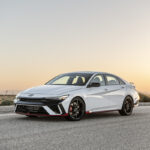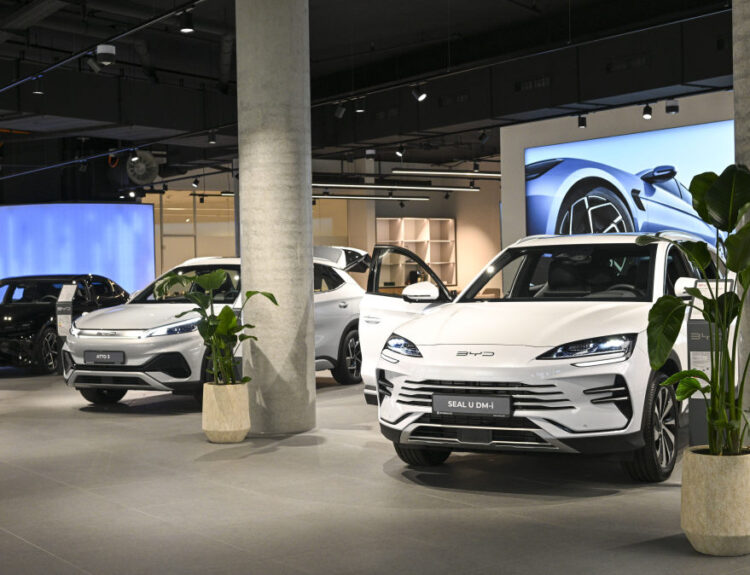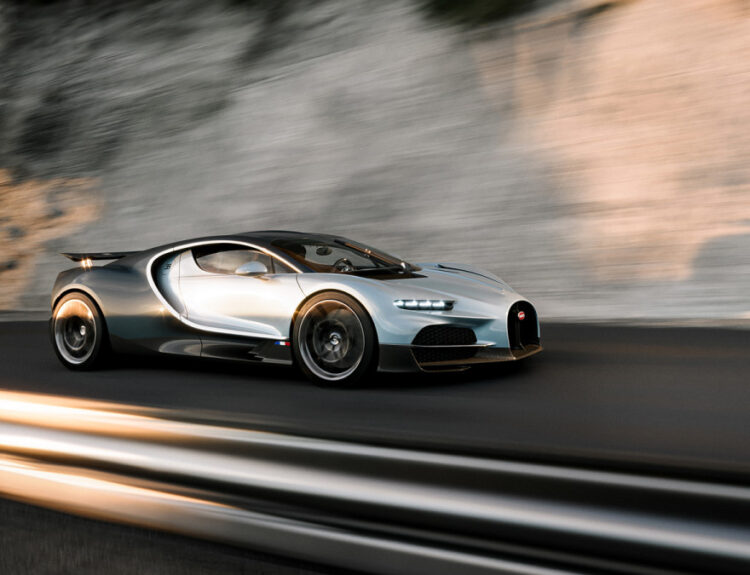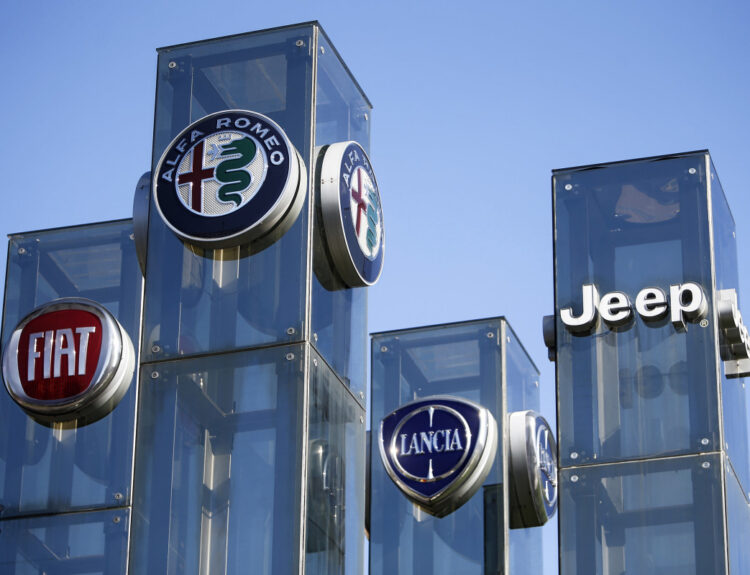Australia’s Pioneering Plug-in Hybrid Ute: A Step Towards a Greener Future
Federal Minister for Climate Change and Energy, Chris Bowen, has highlighted the groundbreaking BYD Shark 6, Australia’s inaugural plug-in hybrid electric vehicle (PHEV) ute, as a harbinger of the advantages associated with the nation’s new vehicle emissions legislation, even prior to its implementation.
In a recent Facebook reel dated January 5, Bowen appeared alongside David Smitherman, CEO of EVDirect, BYD’s Australian distributor. The two discussed the remarkable demand for the Shark 6, with Smitherman revealing that the company has secured over 5,000 orders for the innovative dual-cab vehicle, despite the fact that prospective buyers have yet to experience a test drive.
"We’ve been overwhelmed. No one has had the chance to test drive this vehicle, and we’ve already sold over 5,000,” Smitherman remarked.
As of late November, EVDirect reported nearly 4,000 orders for the Shark, following its October 29 launch. Initially, the Chinese manufacturer had anticipated delivering only 2,000 units to Australia. Currently, several Shark 6 models are being utilized for promotional events, with the first customer deliveries anticipated by late January, ahead of a larger shipment rollout.
According to the latest VFACTS sales data, the Ford Ranger retained its status as Australia’s top-selling vehicle for a second consecutive year in 2024, with sales reaching 62,595. The Toyota HiLux and Isuzu D-Max followed, tallying sales of over 50,000 and 30,000, respectively.
However, the future of these popular diesel-powered utes may see increased prices as the federal government prepares to levy fines on automotive brands that exceed emissions thresholds, in accordance with the Labor government’s New Vehicle Efficiency Standard (NVES), which officially came into force on January 1.
Under this regulatory framework, which will begin enforcement on July 1, manufacturers will either earn credits or face monetary penalties based on the carbon dioxide emissions of their fleets, specifically for new passenger and light commercial vehicles sold in Australia. Companies must meet strict gram-per-kilometre emissions targets to avoid fines that can reach $100 for each gram of CO2 emitted over the established limits. For 2025, the targets are set at 141g/km for passenger vehicles and 210g/km for light commercial units.
As the targets continue to tighten—moving to 117 and 180g/km in 2026, and eventually down to 58 and 110g/km by 2029—the demands placed on manufacturers are becoming increasingly stringent. In contrast, the BYD Shark 6 claims an impressive average of just 46g/km of CO2 emissions, while the popular 2.0-litre twin-turbo diesel version of the Ranger emits 200g/km.
"In the Albanese government, we believe in expanding choices for consumers, including those interested in utes. The introduction of the BYD Shark plug-in hybrid represents this commitment," Bowen stated in his Facebook update. “While it’s not available for test drives yet, the fact that 5,000 units have been pre-ordered speaks volumes about the demand for such innovation.”
BYD Auto Co, a prominent brand under the publicly traded Chinese multinational BYD Company, is not without predecessors in political endorsements, as previous administrations have similarly backed specific automotive brands.
Opposition leader Peter Dutton has actively campaigned against the NVES during its formulation, yet the Coalition has until now refrained from outlining potential revisions to the emissions legislation should they regain power in the next federal election slated for May.
While more budget-friendly iterations of the BYD Shark are anticipated in the future, the vehicle is currently available only in a premium dual-cab 4×4 variant, priced at $57,900 before on-road expenses. This pricing undercuts rivals such as the Ford Ranger XLT Bi-Turbo dual-cab, listed at $63,640, and the Toyota HiLux SR5 with V-Active Technology, priced at $63,260.
The Shark 6 is equipped with a turbocharged 1.5-litre four-cylinder engine and two electric motors, paired with a 29.58kWh lithium iron phosphate (LFP) battery, yielding a combined output of 321kW and 650Nm delivered to all four wheels. BYD claims an electric-only driving range of 100km (NEDC), with hybrid fuel efficiency figures as low as 2.0L/100km when the battery is charged. The Shark 6 supports a braked towing capacity of 2500kg, slightly lower than the 3500kg offered by many Ranger variants, including the forthcoming PHEV model.
More: Explore the BYD Shark 6
Source:www.carexpert.com.au





